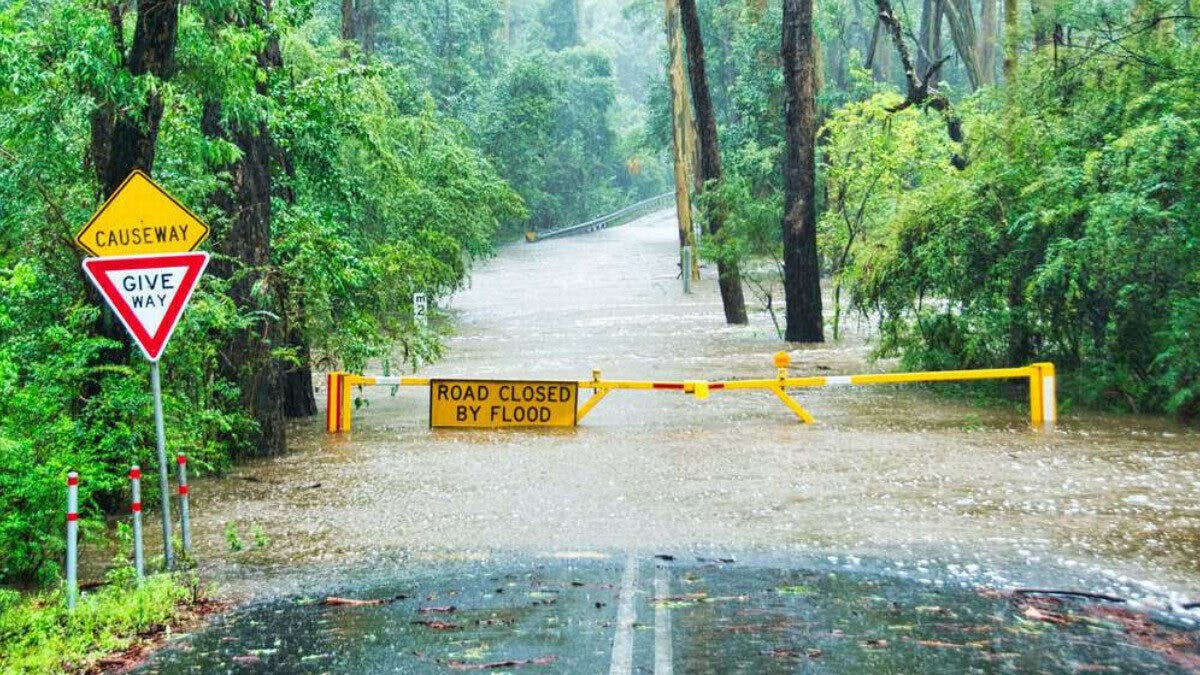Natural disasters can have a catastrophic impact on small businesses, and unfortunately, only a small minority of small business owners have a plan in place to deal with such events.
Many small businesses operate without insurance or with insufficient coverage, leaving them vulnerable to financial ruin in the event of a disaster.
Business Interruption insurance can be a valuable tool for small business owners looking to protect their income and cover the increased costs of operating their business during and after a disaster. This type of insurance provides coverage for the loss of income and increased expenses that may result from a specified insured event, such as a flood or fire.
It’s important for small business owners to take the time to assess their insurance needs and make sure they have the coverage they need to protect their business and its future.
By taking simple steps to prepare for potential disasters and strengthening their resilience, small business owners can better weather the storms that come their way and recover more quickly and effectively. So, it is always better to be prepared and have the necessary insurance coverage in place to safeguard the future of your business.
Creating a business continuity plan is important in protecting your small business from the potential impacts of natural disasters and other unforeseen events.
By following these four steps, you can develop a comprehensive plan to help keep your business running smoothly and recover more quickly in the event of a disruption.
Step #1: Define the risks to your business
The first step in creating a business continuity plan is identifying the risks that could potentially impact your business. This may include natural disasters such as storms, floods, or fires and other risks such as cyber-attacks or supply chain disruptions.
Step #2: Develop and implement preventative measures
Once you have identified the risks to your business, you can take proactive steps to reduce their likelihood and impact. This may include installing backup generators, implementing cybersecurity measures, or diversifying your supplier base.
Step #3: Have an action plan
In the event that an incident does occur, it’s important to have a clear plan in place for how to respond. This may include evacuating your premises, activating your disaster recovery plan, or contacting your insurance provider.
Step #4: Have a recovery plan in place
The final step in your business continuity plan is to outline the specific steps you will take to recover from a disaster and get your business back up and running as quickly as possible. This may include making arrangements for temporary premises, securing alternative sources of funding, or partnering with other businesses to help mitigate the impact of the disruption.
Business Interruption insurance can be a valuable tool in your business continuity plan, providing coverage for loss of income and increased expenses resulting from a specified insured event. It’s important to carefully review the coverage provided by your business interruption insurance policy to ensure that it meets the needs of your specific business.
“Being underinsured – or even worse, uninsured – can expose small business owners to risks that they may not be able to recover from,” explains Jane Mason, Head of Product, Channels & Risk at business insurance comparison website BizCover.
“The impact of natural disasters on small businesses can be devastating, so having a business continuity plan that clearly defines how your business will recover from a natural disaster can make all the difference for the future of your small business.
“And this is an area where business insurance such as Business Interruption insurance can help small business owners.”
More here.
Keep up to date with our stories on LinkedIn, Twitter, Facebook and Instagram.

